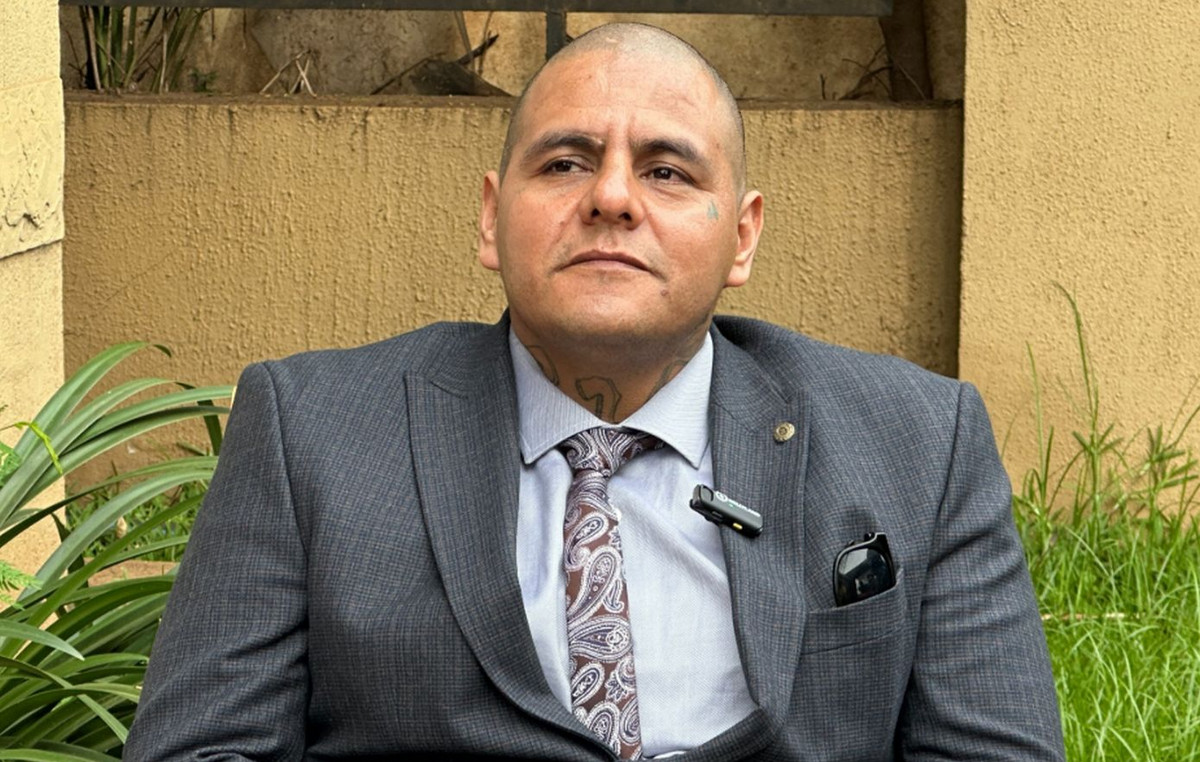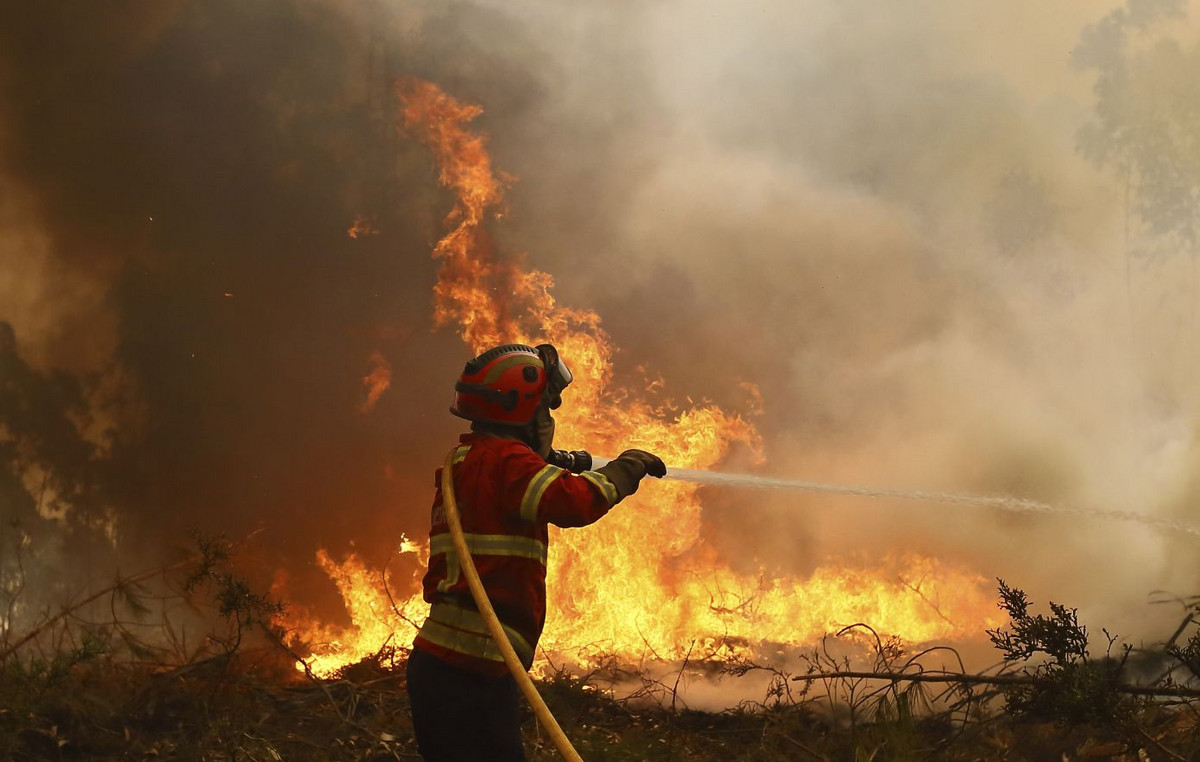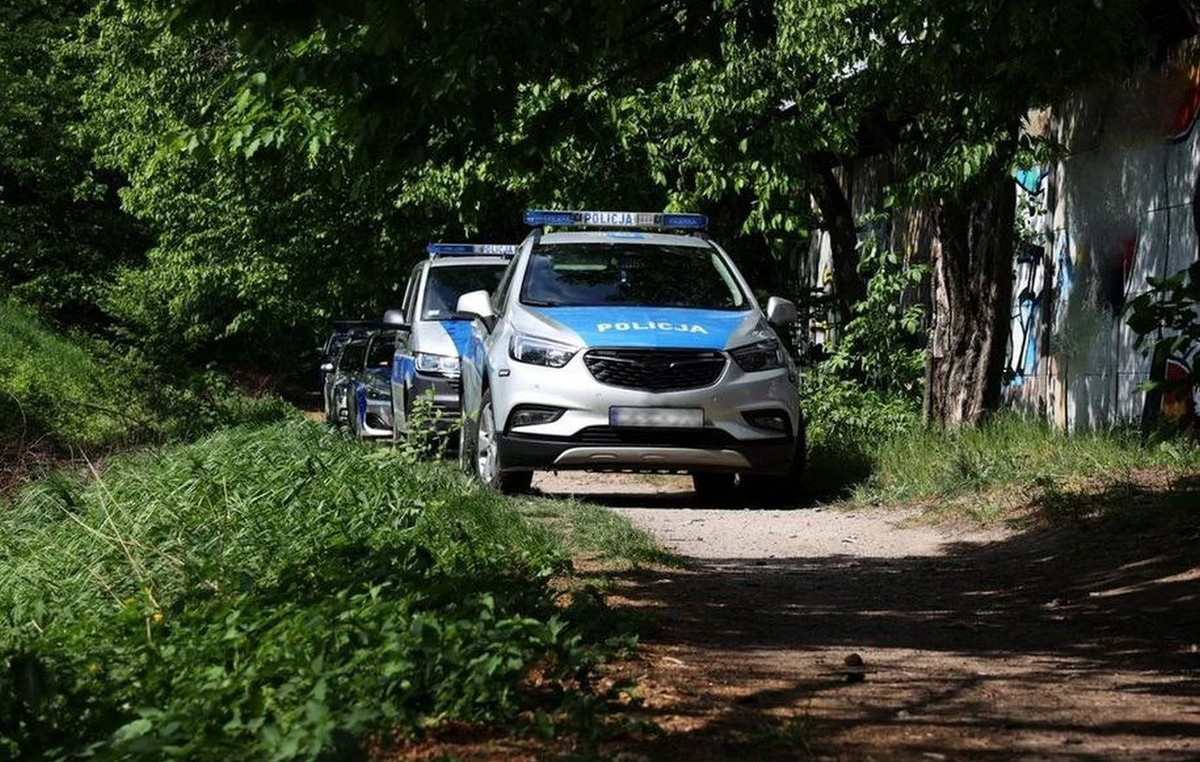The explosion of Covid-19 cases driven by the Ômicron variant can create a temporary immunity to the virus, generating an opportunity to control the pandemic.
A kind of “window of opportunity” that, combined with high vaccination coverage, can “both reduce the number of cases, hospitalizations and deaths, and block the circulation of the virus”. This is what Fiocruz researchers say, who released, this Wednesday (9), the new Bulletin of the Fiocruz Covid-19 Observatory, with a two-year balance of the pandemic.
Scientists reinforce that, for this to happen, it is essential to guarantee the continuity of the vaccination campaign and expand its reach to all regions of the country; carry out an active search for people who have not yet been vaccinated, massify the campaign to encourage the vaccination of children and reinforce the benefits generated by correct hygiene, as well as the good use of masks.
The continuity of mass vaccination and non-pharmacological measures, combined with natural self-immunization for people who have already been infected, and in the face of a large number of cases, may represent a chance to achieve control of the pandemic. This would mitigate the effects on the population.
Importance of vaccines
Despite this optimistic possibility, Fiocruz highlighted that the current scenario is still worrying and full of uncertainties.
The researchers reinforce the need and importance of improving the vaccination campaign. Especially in relation to a homogeneous access of immunizers.
Scientists cite that immunization inequality exposed basic problems such as inventory management, storage, geographic access, distribution logistics and speed of information.
“In the midst of the pandemic, problems that should have been addressed before, to bring more equity and efficiency to the immunization process, can make populations with low coverage rates more vulnerable and allow the emergence of new variants, as observed in poorer areas of the world. African continent”, warned the researchers.
They also draw attention to data from other countries that show that “areas with low vaccination favor the occurrence of localized outbreaks, with amplified intensity due to the movement of people and a drop in care with non-pharmacological measures”.
And they criticize the lack of a “broad communication campaign to support the benefits of vaccines and non-pharmacological measures”.
“Even with the successful trajectory of the National Immunization Program (PNI), maintaining the quality and performance of a program of this nature in a country with the characteristics of Brazil is not an easy task. Therefore, it is necessary to plan and invest permanently in order to promote access, equity and universal access to the necessary health care”, says the study.
In Brazil, according to the entity, there are still several places where there is a low percentage of vaccinated population.
These are areas of the North, Northeast and Central-West regions that constitute “the lowest Human Development Index, younger populations, less educated, low income and residents of small cities”.
Of the 5.7 million deaths from Covid-19 in the world, 11% took place in Brazil. The equivalent of more than 630 thousand deaths. In addition, of the 388 million cases in the world, 26 million (6.7% of the total) are in our country.
This high number of deaths and cases ends up overloading health systems and increasing structural inequalities in society.
The bulletin again pointed out that the speed of transmission of Ômicron has been higher than at other times of the pandemic, but that the severity of cases has decreased significantly, both as a result of vaccination, and in the apparent possibility of this variant being less harmful.
“The reduction in the severity of the disease, its mortality and the demands for hospitalization, is due to the high vaccination coverage achieved for the adult and elderly population, as well as a lower virulence of this variant in relation to previous strains”, indicates the document.
The Observatory study mentioned that in some countries there is already a discussion regarding the transition from a pandemic to an endemic one.
According to Fiocruz researchers, a possible change in classification would not represent the release of individual and collective protection measures, much less the elimination of the Covid-19 virus.
Even though some countries are moving towards easing physical distancing measures, as an alternative to reducing the transmission of Sars CoV-2, this is still a long-term path and, as I told CNN the researcher at the Covid-19/ Fiocruz Observatory, Raphael Guimarães, it is still early to determine that this is the signal of classification transition.
“First, it is necessary to understand that before being classified as endemic, there are other stages: it will become a public health emergency of international concern – when there is still an epidemic pattern in some countries; a public health emergency of national interest – when there are epidemic dynamics within some countries in a heterogeneous way; to then reach a level where we will be able to predict the behavior of the virus”, he explained.
The researcher said that there is no point in having good rates only in a few countries. As with vaccination, these improvements need to be consistent across the world.
“Secondly, it is necessary to understand that overcoming the pandemic requires a more controlled scenario of transmission, incidence and mortality in the world as a whole. Having a handful of countries with effective control does not automatically become a key that redefines what Covid-19 is. There needs to be solidarity between countries to mitigate the pandemic concurrently between nations,” he concluded.
Source: CNN Brasil







